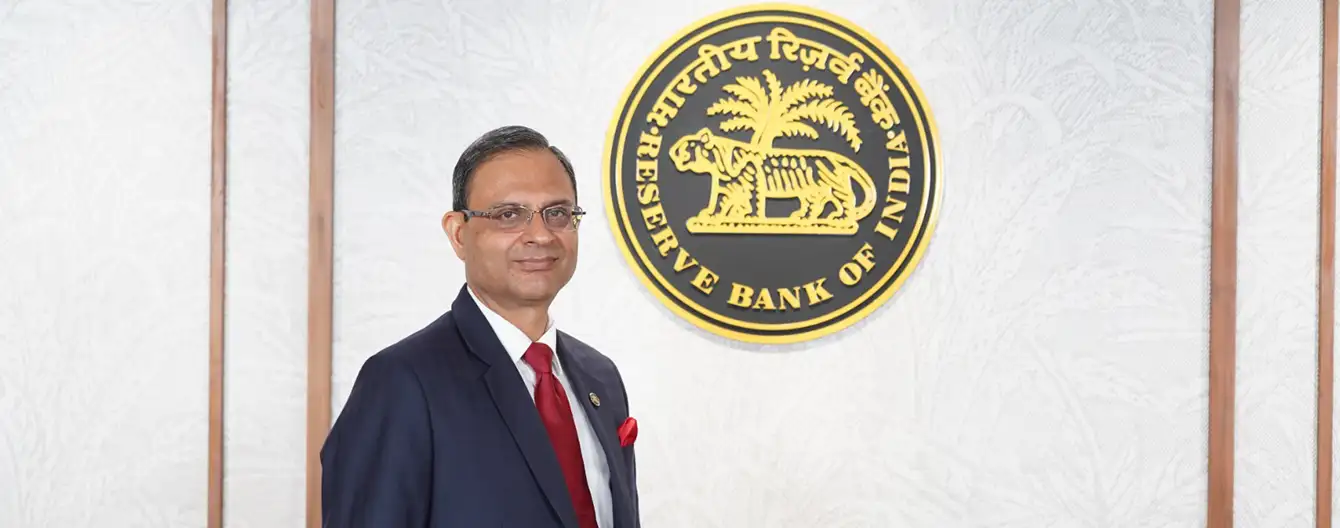 IST,
IST,
Speeches
It is my pleasure and honour to deliver the 14th Foundation Day Lecture of the Centre for Development Studies (CDS). Established in October 1970 by Professor K. N. Raj, CDS has been a premier academic institute in India for social science and development research. CDS's footprints in economic research have been evident through its pioneering work on human development, labour, industry, international trade, migration, decentralisation and local governance, among others.
It is my pleasure and honour to deliver the 14th Foundation Day Lecture of the Centre for Development Studies (CDS). Established in October 1970 by Professor K. N. Raj, CDS has been a premier academic institute in India for social science and development research. CDS's footprints in economic research have been evident through its pioneering work on human development, labour, industry, international trade, migration, decentralisation and local governance, among others.
Good evening. 2. The Chairman and members of the Board of Axis Bank; the MD and CEO and the senior leadership team of the Axis Bank family, the Champions being recognised today, and colleagues, ladies and gentlemen. 3. Thank you for the warm invitation. It is a pleasure to be here at Axis House this evening, and to be part of an occasion that is clearly special for the institution and its people.
Good evening. 2. The Chairman and members of the Board of Axis Bank; the MD and CEO and the senior leadership team of the Axis Bank family, the Champions being recognised today, and colleagues, ladies and gentlemen. 3. Thank you for the warm invitation. It is a pleasure to be here at Axis House this evening, and to be part of an occasion that is clearly special for the institution and its people.
পৃষ্ঠাটো শেহতীয়া আপডেট কৰা তাৰিখ: ফেব্ৰুৱাৰী 24, 2026












